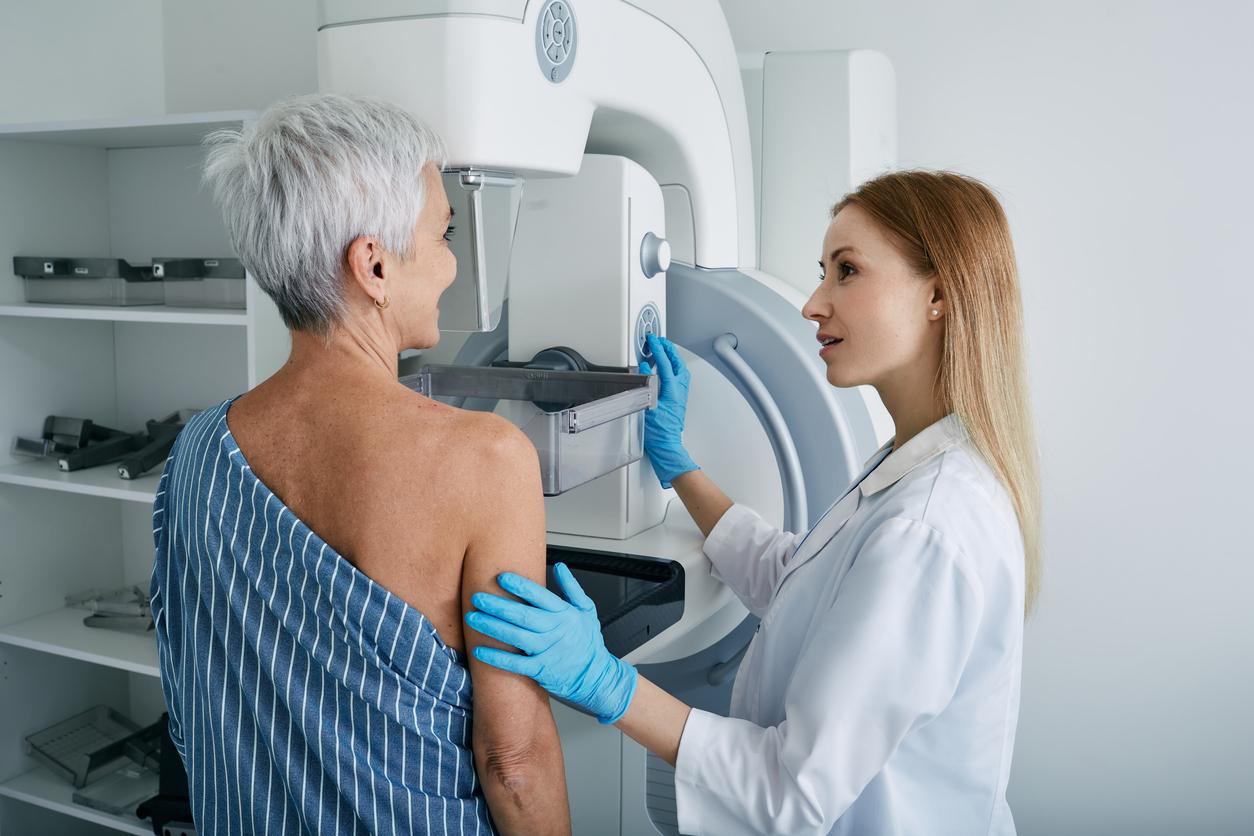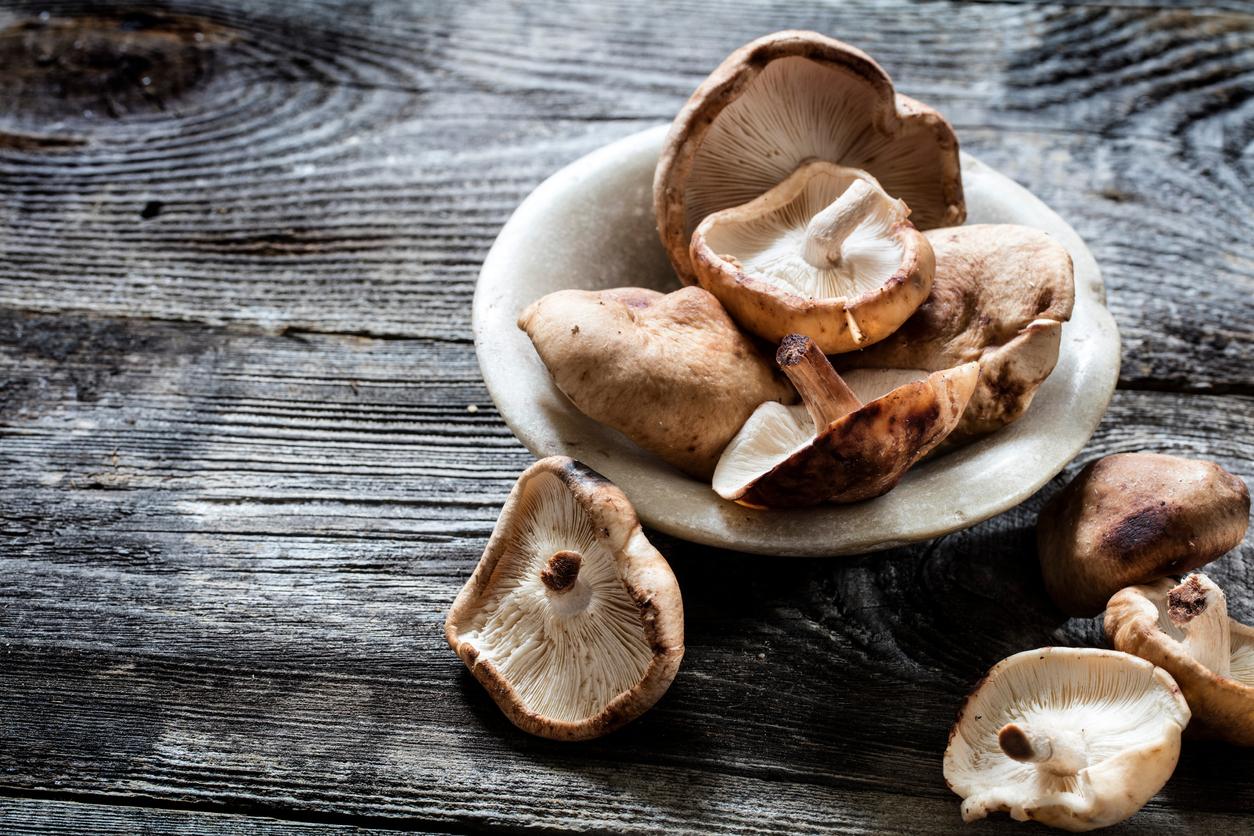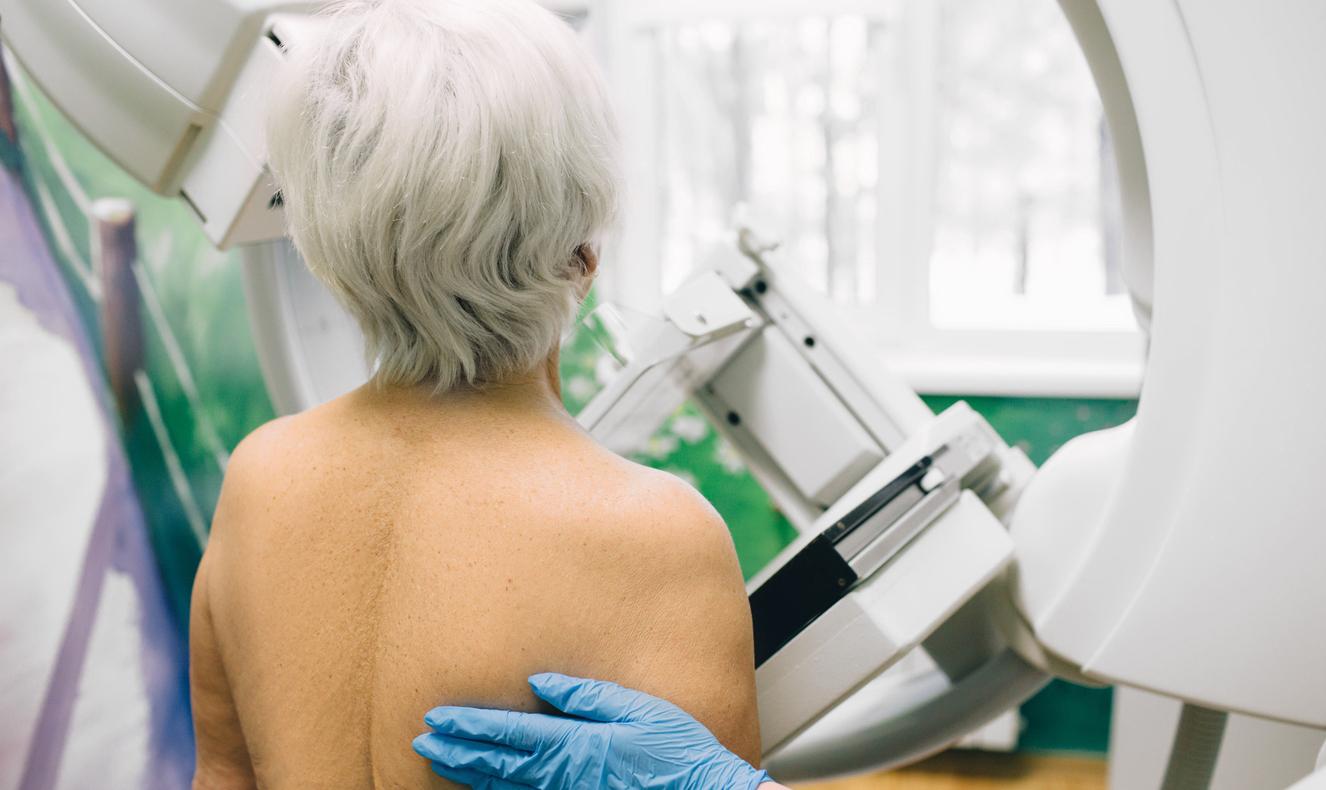A study suggests a link between a skin fungus that causes dandruff and an increased risk of developing breast cancer. It’s not the first microorganism to be linked to cancer.

- Malassezia globosa, a species of yeast-like fungus, may infiltrate fatty breast tissue and thereby increase the risk of developing breast cancer, scientists say.
- This is not the first time that a microscopic organism has been linked to cancer. “Although still controversial, the relationship between microbes and cancer is attracting attention.”
- One of them is Fusobacterium nucleatum, a bacterium that lives in dental plaque: American researchers have discovered that a specific subtype of this bacterium is present in tumor tissue in about 50% of colon cancer cases.
While having dandruff is relatively commonplace, not pathological or contagious, these small whitish particles that sometimes innocently end up on the shoulders could well be more problematic than we think. A team of researchers from Hebei University in China has in fact discovered a link between Malassezia globosaa common skin fungus that causes dandruff, and the risk of breast cancer. Her work was published in the journal mBio.
A dandruff-causing fungus that infiltrates breast tissue
According to scientists, Malassezia globosaa type of yeast-like fungus, may infiltrate fatty breast tissue and, from there, increase the risk of developing the disease. Based on this hypothesis, the scientists conducted experiments on mice with breast cancer. They injected the fungus into their tumors to observe its effects. They found that those that had been colonized by the fungus had a faster growth rate, although they did not specify exactly how much faster they grew.
Although the exact way in which Malassezia globosa reached the breast tissue remains blurred, “These results could have therapeutic implications”the researchers note. “It is crucial to take care of the skin not only for beauty, but also for health.”
They add that further studies are needed because this is not the first time a microscopic organism has been linked to cancer. “Although still controversial, the relationship between microbes and cancer is gaining attention. […] Imbalance of microflora in the tumor can lead to disorders in the tumor microenvironment.”
Multiple bacteria linked to increased cancer risk
Previous studies have suggested links between certain microorganisms and an increased risk of certain cancers. One of them is Fusobacterium nucleatuma bacteria that lives in dental plaque: American researchers have discovered that a specific subtype of this bacteria is present in tumor tissue in about 50% of colon cancer cases. Another bacteria, called Streptococcus anginosus and normally present in the throat, mouth and vagina, can cause an inflammatory response and promote the growth of stomach cancers, the fifth most common in the world. Another type of bacteria, Helicobacter pyloriis also known to cause stomach ulcers, and therefore increase the risk of gastric cancer.



















